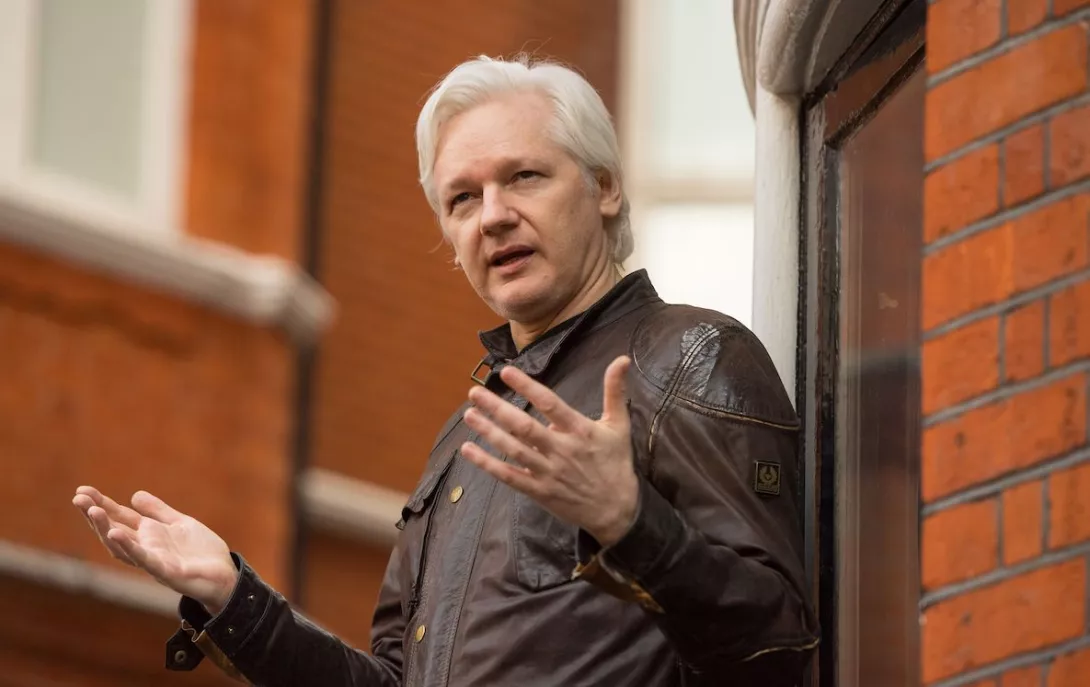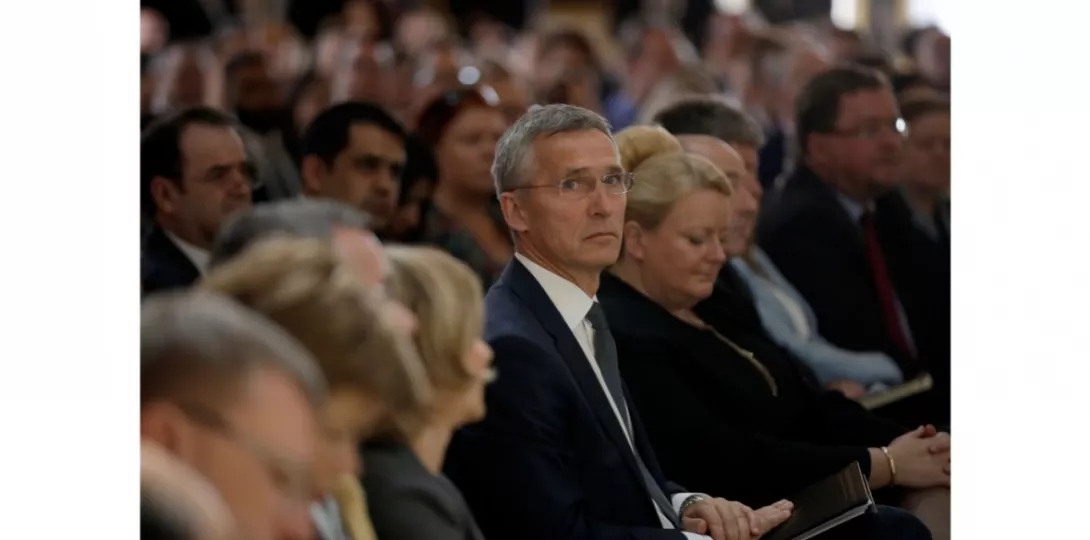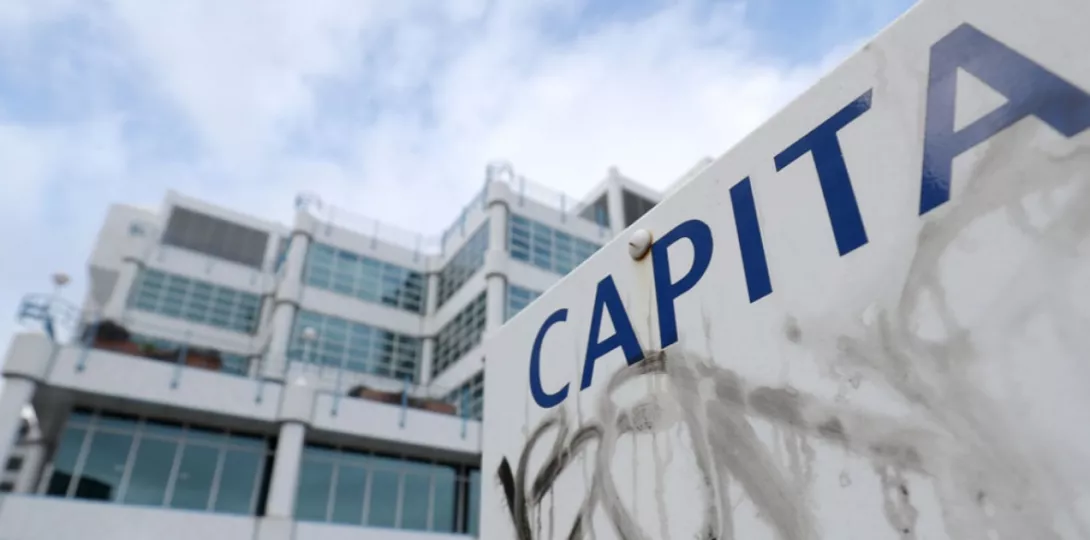The proxy war in Ukraine is heading to a denouement with the US and Russia dividing the spoils while the European powers stand bewildered by events they have been wilfully blind to, says KEVIN OVENDEN
The shadow of Chile falls on Venezuela
The mayoral elections campaign has seen an increase in economic sabotage aimed at incapacitating the government of President Nicolas Maduro and, says FRANCISCO DOMINGUEZ, present a threat not unlike that faced decades ago by Salvador Allende in Chile
Mayoral elections are to be held in Venezuela on December 8. Every mayoralty will be contested and, as is the case in Venezuela's vibrant democracy, both the right-wing coalition and Chavista candidates are busily campaigning up and down the country.
These municipal elections take place in a very different context to recent elections in Venezuela - they will be the first held since the death of Hugo Chavez.
They are also the first following the violent response of the right-wing opposition to the presidential election in April.
More from this author
Similar stories
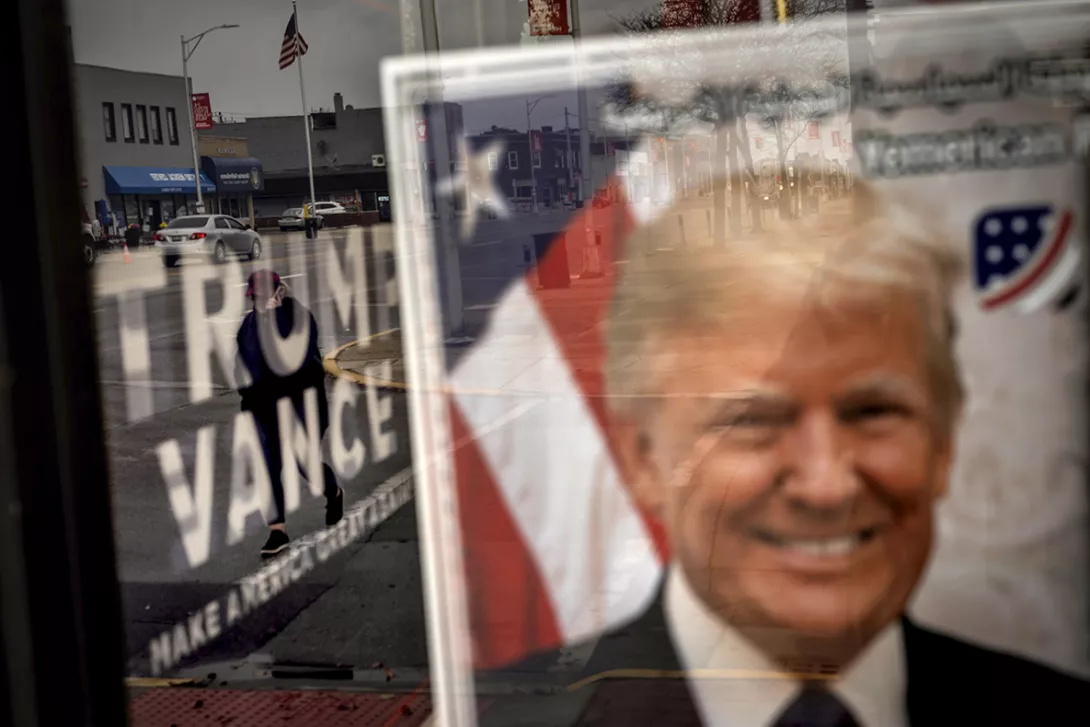
TIM YOUNG warns that the president-elect’s record of economic and political interference from his last stint in the White House show dangerous potential for escalated aggression against the Bolivarian government from 2025
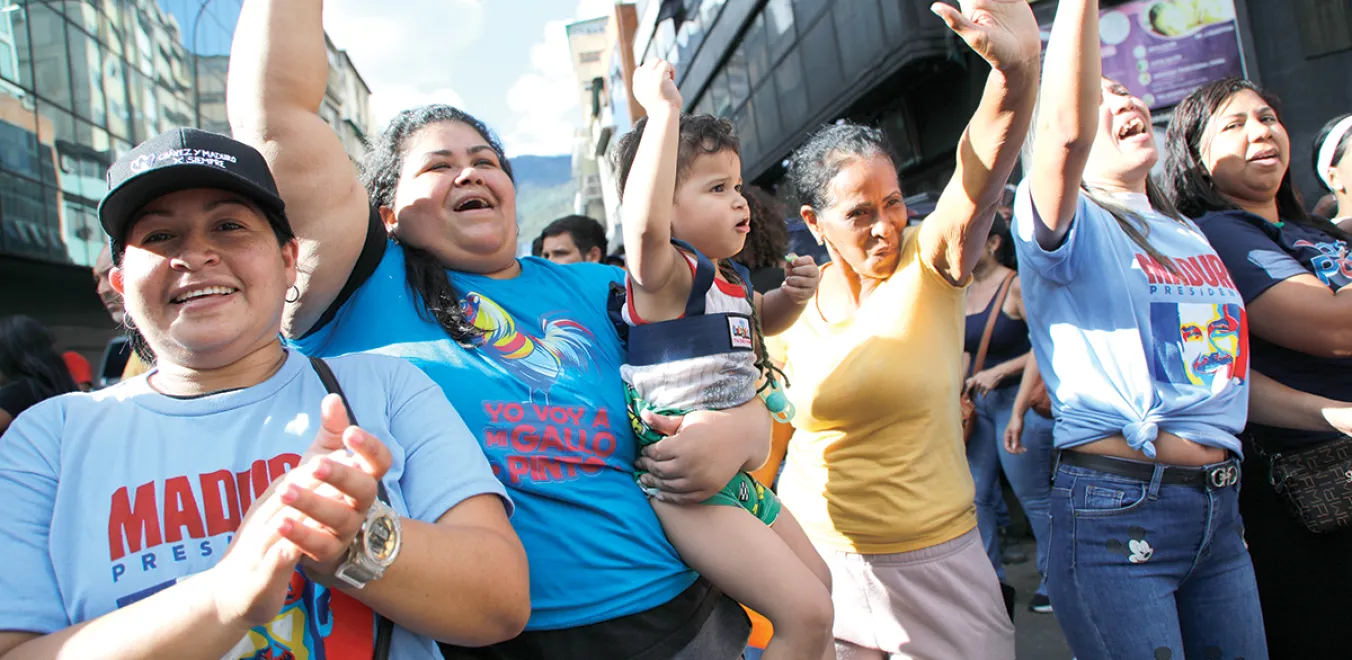
About half of Venezuela’s voting population is reliably wedded to the Bolivarian project. No other political project in Venezuela has the kind of election machine built by the forces of the Bolivarian revolution, argues VIJAY PRASHAD
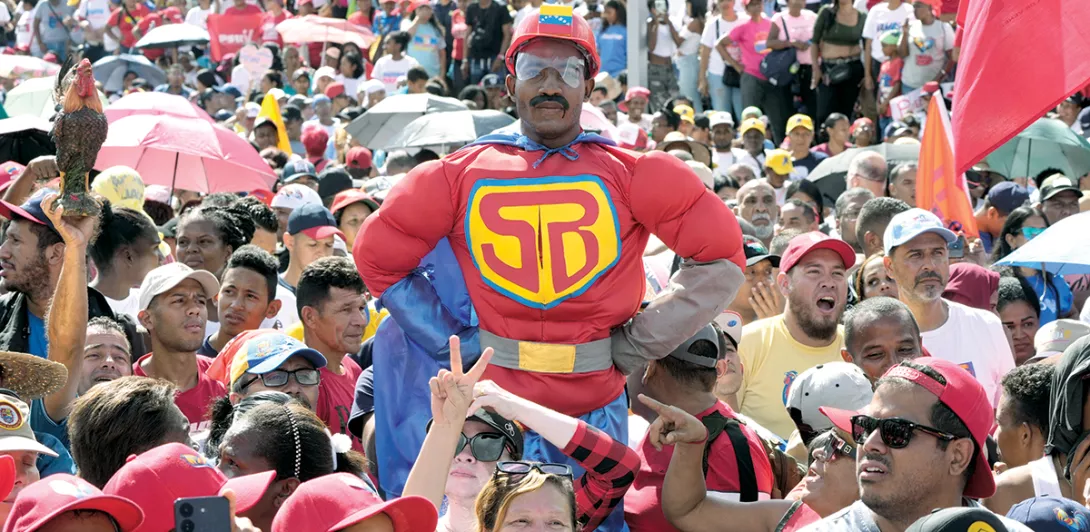
While president Maduro commits his government to greater social progress from wages to housing, the extreme right-wing opposition are calling upon Washington to intervene and impose more sanctions, reports FRANCISCO DOMINGUEZ
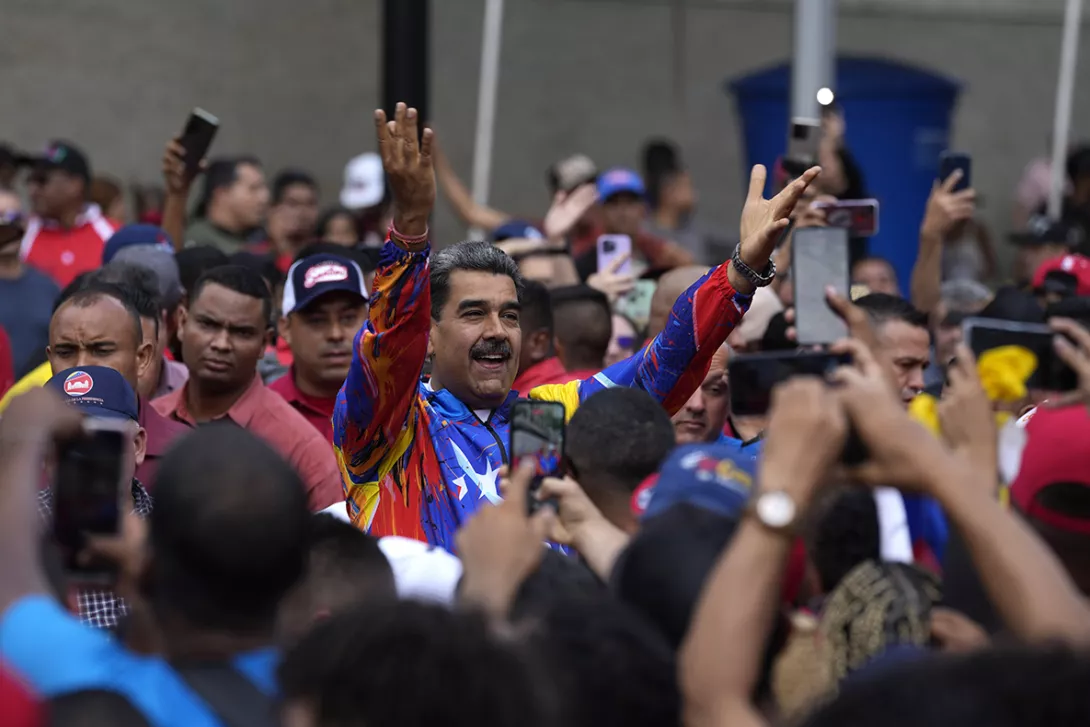
While Maduro promises more social progress from wages to housing, the right-wing opposition prepares to cry ‘rigged’ as Washington imposes new oil sanctions, reports FRANCISCO DOMINGUEZ










